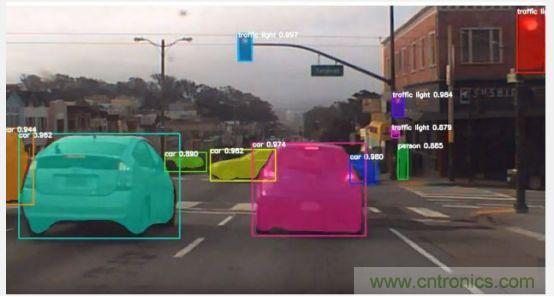
Examples of Prominent Prop Firms Active in the Web3 Space
“Trade smarter, not harder — the Web3 frontier is wide open.”
The lines between traditional finance and decentralized markets are blurring fast. Proprietary trading firms — known as “prop firms” — that once focused on forex, stocks, or commodities are now stepping confidently into the Web3 space. They’re not just chasing the next big crypto token; they’re building systems that treat digital assets with the same rigor as legacy markets, while unlocking entirely new ways to operate. For traders, that opens an intriguing door: access to capital, advanced strategies, and tech-driven environments built for high-speed, borderless markets.
Why Prop Firms Are Paying Attention to Web3
Prop firms operate by giving skilled traders access to the firm’s capital; profits are split, and risk is tightly managed. In Web3, this mechanism feels almost tailor-made: a blockchain-based infrastructure makes capital movement instant, transparent, and verifiable. No waiting days for settlements, no middlemen charging heavy fees. The appeal is in the efficiency.
Some standout prop firms entering Web3 are blending multi-asset coverage. Imagine logging into one platform and being able to trade forex pairs, NASDAQ futures, Bitcoin, gold, and Ethereum-based DeFi tokens — all under the same risk framework. Firms like Funding Pips, FTMO, and specialized crypto-focused outfits such as Maverick Trading Crypto Desk have started integrating digital asset markets into their usual offerings.
Functional Edge in the Web3 Environment
Unified Multi-Asset Platforms Web3 prop firms aren’t limiting themselves. A trader can short oil futures in the morning, scalp EUR/USD after lunch, and chase a breakout in Solana by the evening — all without switching systems. This cross-asset flexibility is a serious edge for professionals who know how to read market sentiment across different asset classes.
Smart Contract Integration Some pioneers are incorporating on-chain automation directly into their trading models. When your stop-loss and take-profit targets can be executed via a smart contract without human intervention or broker delays, slippage becomes almost irrelevant. Think of it like having a digital guard that never sleeps, and doesn’t care about time zones.
AI-Driven Decision Tools A fresh wave of Web3 prop desks employs AI analysis for blockchain-based order flow. They can scan thousands of transactions per second, identify whale activity, and flag patterns before a centralized exchange even posts its order book. This is intelligence you can’t get from a standard MT4 terminal.
Advantages for Traders
Working with a prop firm in Web3 can accelerate skill growth in ways traditional brokers can’t match:
- Capital Leverage Without Personal Risk: You trade the firm’s money, not your savings — your downside is more about audition performance than personal loss.
- Exposure to Cutting-Edge Tech: You’re hands-on with decentralized protocols, tokenized forex markets, and blockchain-based futures.
- Global Accessibility: Traders in regions previously locked out of certain exchanges can now participate via decentralized channels, a shift that breaks geographic monopolies.
For example, a trader in Southeast Asia can bypass currency conversion hurdles by directly operating in USDC or stablecoins, while simultaneously trading Brent crude and S&P 500 contracts in the same dashboard.
Challenges Still on the Table
Even with all the upside, Web3 prop trading isn’t frictionless.
- Regulatory Gray Zones: Rules vary wildly across jurisdictions; what’s legal in Dubai might be restricted in Germany.
- Smart Contract Vulnerabilities: Hacks and exploits remain a legitimate risk. Due diligence isn’t optional.
- Liquidity Pockets: Not every token or niche market boasts deep liquidity; slippage and price swings can still bite unexpectedly.
This is where experienced prop firms really prove their worth — they vet markets, stress-test technology stacks, and protect traders with predefined frameworks.
Looking Ahead: The Next Wave
The next chapter feels almost inevitable: fully decentralized prop firms managed end-to-end via DAOs, with instant payouts triggered by smart contracts. AI-driven financial decision systems could monitor macroeconomic data, blockchain activity, and market sentiment in real time, adapting strategies without human intervention.
Picture this: you pass a trading challenge, your wallet address gets whitelisted, and from that moment, every profitable move pushes instant rewards onto your chain in stablecoin. Fees and splits? Automated. Performance reports? Immutable on the blockchain.
The Slogan for the Future
“Your skills. Our capital. The decentralized market is the playing field.”
Prop trading in the Web3 space is no longer an experiment — it’s a viable, expanding frontier. For traders who understand both traditional markets and blockchain dynamics, this is an opportunity to operate without barriers, backed by firms willing to put serious digital capital on the line. The only real question is, are you ready to trade without borders?
If you’d like, I can give you a curated list of 5 active Web3 prop firms with brief profiles so this article becomes immediately actionable for readers. Should I go ahead with that?

